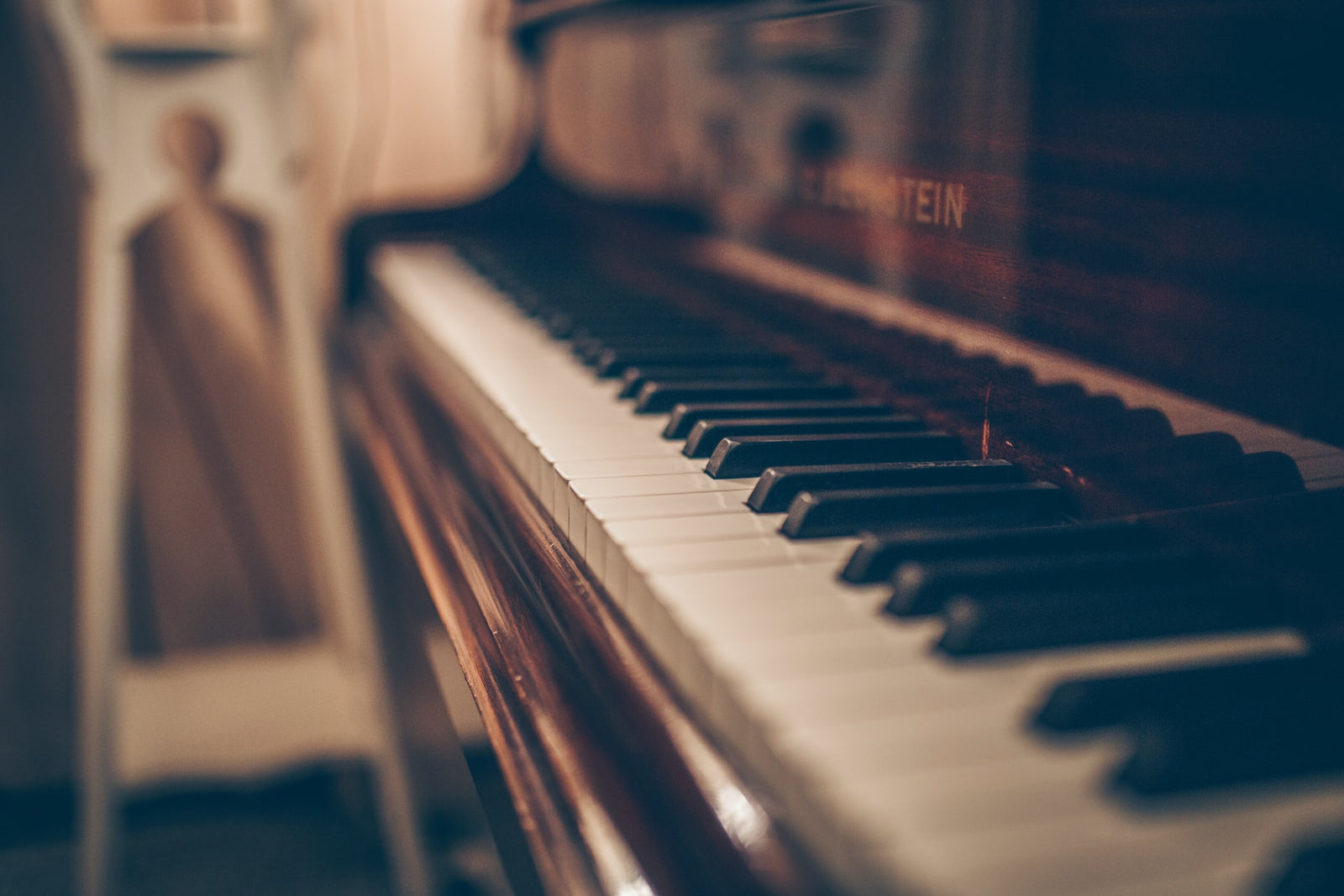Your Cart is Empty
Available in the USA, UK, EU, Japan and Singapore | International Shipping Available
Introduction
The piano is a delightful musical instrument that produces a dynamic, rich, organic sound, soothing to the ears. To achieve a clean tone, its mechanical components – piano keys, housing, lid, pedals, hammers, piano strings, and others – should be in good condition so they can work together harmoniously. Whether using a grand piano or an upright piano, acoustic pianos share the same characteristics. This means that to make the instrument long-lasting and preserve its tone quality, it needs proper piano maintenance.
Today, we will provide basic tips to piano owners, on how can take care of the piano regularly.
7 Tips on How to Take Care of Your Piano
1. Proper temperature and humidity
Piano parts are sensitive to temperature, so better pick a spot where your piano will have a stable temperature. Avoid areas where the piano will experience temperature variations. Keep pianos away from west-facing walls because they tend to get hot in summer. In the same way, keep the piano away from direct sunlight, heaters, fireplace, and air conditioners. Parts of the piano like cloth, leather, felt, and wood, are also sensitive to humidity. When moving pianos to another location, seek proper assistance from a professional piano mover.
2. Regular cleaning
After playing the piano, there is a good chance that dirt, dust, or oil could accumulate on the piano keys. To prevent this buildup, do a simple cleaning every after use. The good news is that it does not need a piano technician to accomplish it. Bear in mind that different piano finishes require different approaches to cleaning. For plastic keys, you can use a white vinegar solution, while for ivory keys you can simply use warm water and some dish soap. When wiping the piano's surface, make sure to use a soft cloth to prevent scratching it.
3. Proper hydration
Pianos do not drink, but the idea is to place a bowl of water underneath the instrument to keep it ‘hydrated’. This helps manage the piano wood's expansion and contraction when playing the instrument.
4. Proper tuning
Unlike guitars, piano tuning is not a piece of cake. It needs a special amount of tuning by a professional piano technician, who has a special piano tuner to tune it accurately. Irregular tuning brings adverse effects to the sound quality. Piano tuning primarily focuses on the pitch, which involves checking on the piano's strings, pins, and other parts affecting its pitch. The standard tuning frequency for pianos is twice a year. It may sound frequent and pricey, but a damaged piano is far expensive. Regular tuning promotes good health for your piano because it ensures consistent tension on the strings.
5. Proper regulation
You might hear some drop-offs in your piano’s performance despite the regular tuning. This could mean that your piano needs regulation by a qualified piano technician. If the focus of piano tuning is pitch, regulation, on the other hand, focuses on adjustment of the piano's mechanical parts.
6. Treat the piano as a piano
Other people are tempted to decorate their pianos and so tend to place accessories to beautify them. Exercise caution in doing this so as not to damage your piano. Also, placing heavy objects above the piano produces an unwanted effect on the piano's tone quality, due to the unnecessary vibrations. There should be no other paraphernalia on your piano except your piano sheets. Avoid placing vases or any containers carrying liquids as spilled liquids can ruin the piano’s wood.
7. Keep it covered
Pianos are exposed to a multitude of elements, not to mention wandering pets if you have one. If left uncovered, pianos get easily worn out damaged. If direct sunlight can touch the piano’s surface, the piano cover will be its shield. The market is flooded with different brands and types of piano cover, whether a grand piano cover or a baby grand piano cover. Make sure that the cloth’s quality is soft so as not to scratch the piano’s surface.
Conclusion
The piano is a priceless possession and deserves the utmost care. As the piano owner, no one can best take care of your piano but yourself. To extend a piano's life, provide your piano with good maintenance and let a piano technician check your piano regularly.
